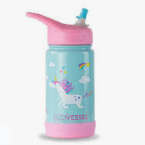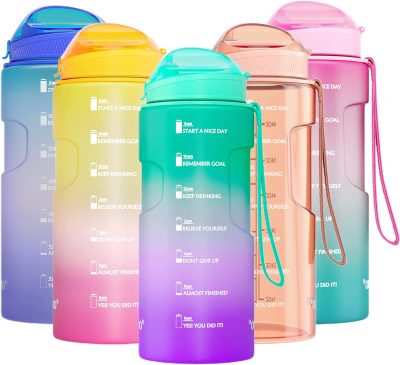Introduction: Plastic water bottles have become an integral part of modern life, but their improper disposal and recycling pose significant challenges for waste management systems. In this blog, we’ll explore the complexities of recycling plastic water bottles, the obstacles faced by recycling facilities, and the role of consumers in promoting responsible recycling habits to mitigate plastic pollution.
- The Complexity of Plastic Recycling: Plastic water bottles are made from different types of plastic, making recycling a complex process that requires meticulous sorting and separation, often beyond the capabilities of conventional recycling facilities.
- Contamination Issues: Contamination is a common problem in plastic recycling, as leftover liquids or improper disposal can render entire batches of plastic water bottles non-recyclable, leading to increased waste and resource consumption.
- Low Recycling Rates: Despite efforts to promote recycling, the recycling rates for plastic water bottles remain relatively low, with a considerable portion ending up in landfills or as litter, exacerbating the plastic pollution crisis.
- Consumer Education and Responsibility: Raising awareness about the importance of proper recycling and encouraging consumers to adopt responsible recycling habits can significantly impact the plastic waste stream and support a more sustainable waste management system.
- The Quest for Sustainable Alternatives: As awareness of plastic pollution grows, the demand for sustainable alternatives to plastic water bottles, such as reusable bottles made from stainless steel or glass, continues to rise, promoting a greener and more eco-friendly approach to hydration.
Conclusion: The disposal and recycling of plastic water bottles present complex challenges for waste management systems worldwide. Raising awareness about recycling complexities and promoting responsible consumer habits are crucial steps in addressing plastic pollution. As the demand for sustainable alternatives increases, embracing reusable bottles becomes an integral part of mitigating the environmental impact of plastic water bottles and fostering a more sustainable future.

















